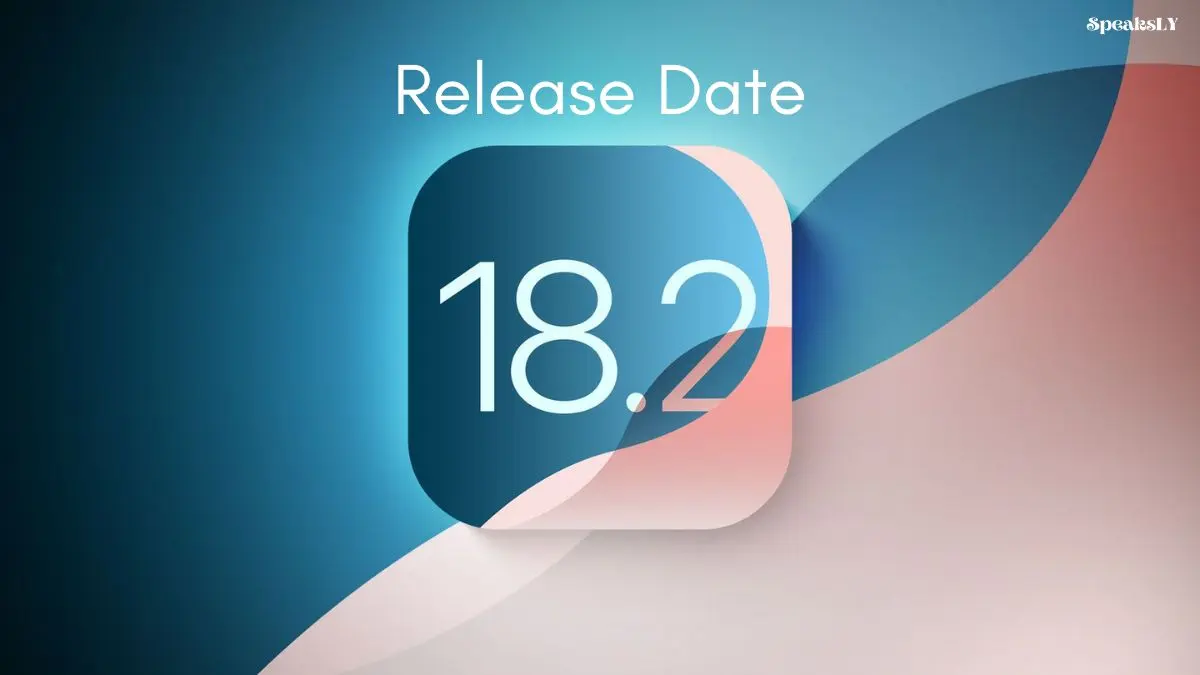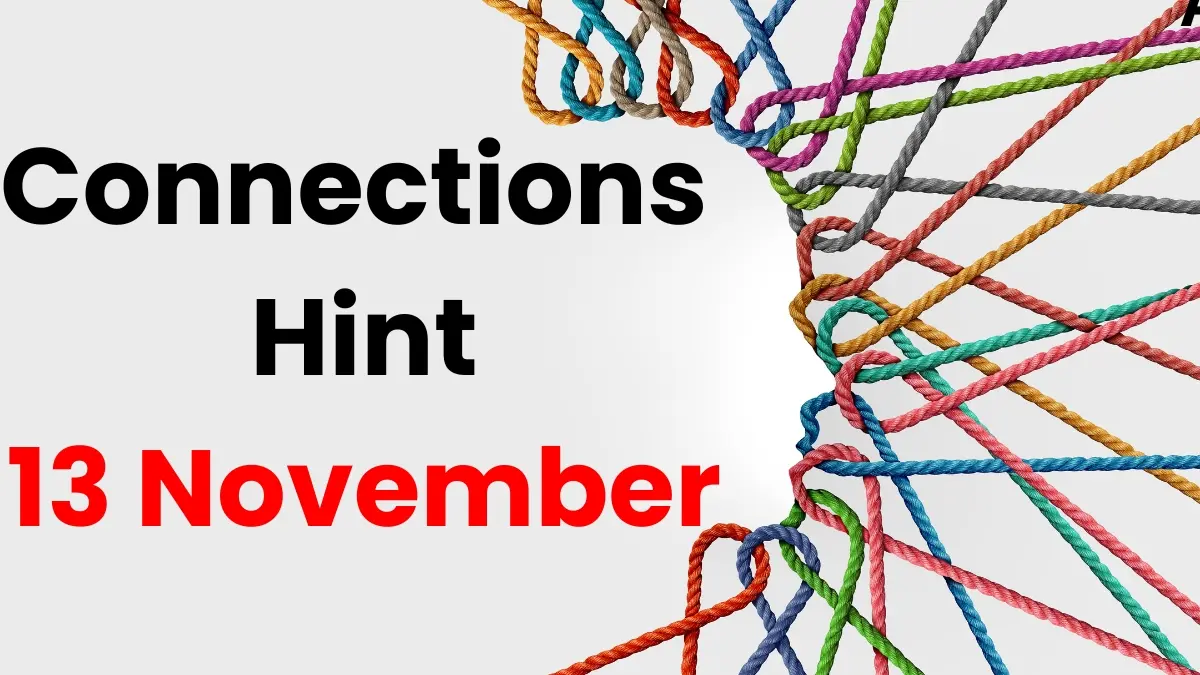iOS 18.2 Release Date: Apple is preparing to release the long-awaited iOS 18.2 update ahead of schedule. The update is expected to be released in the first week of December. After the release of iOS 18.1, which added Apple Intelligence features, this update makes users curious about further improvements.
Mark Gurman from Bloomberg says that Apple wants to make a splash with its AI features, especially on the iPhone 15 Pro and iPhone 16 models. The iOS 18.2 update is said to have many cool new features, such as Genmoji for creating your own emojis, Image Playground for creating your own images and Image Wand for converting sketches in the Notes app into images.
One of the most anticipated changes in this update is the addition of ChatGPT to Siri. This update aims to make Siri more useful by allowing it to handle more complicated questions. This will improve the user experience in all Apple products. Apple’s virtual assistant Siri will still be integrated into iPhones and other devices, but this combination will fundamentally change the way people use it.
As well as improvements to artificial intelligence, iOS 18.2 will add support for different types of regional English in the UK, South Africa, Canada, Australia and New Zealand. The update includes a new section for default apps in the Settings app and better features for Apple News+. This makes the update complete and easy to use.
The company stated that the update will be available in December, but users can already try out some of these features by running the beta version of iOS 18.2. Apple is committed to improving its Apple Intelligence Framework. A major update to iOS 18.4 is planned for April 2024. This update will offer better Siri functions and more help for users in Europe.
Apple fans are looking forward to the iOS 18.2 update because it will change the way they use their devices and help the company achieve its goal of integrating advanced AI technologies into its products. Get ready for the new iPhone features that will change the way you use your phone when they first appear.



